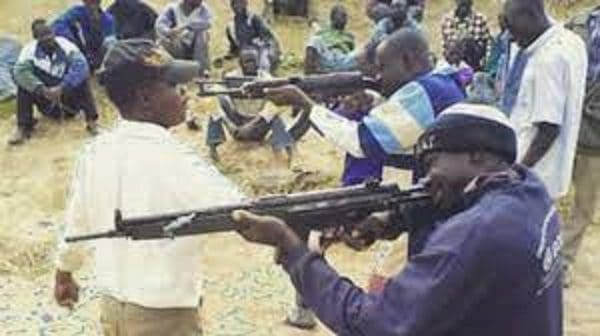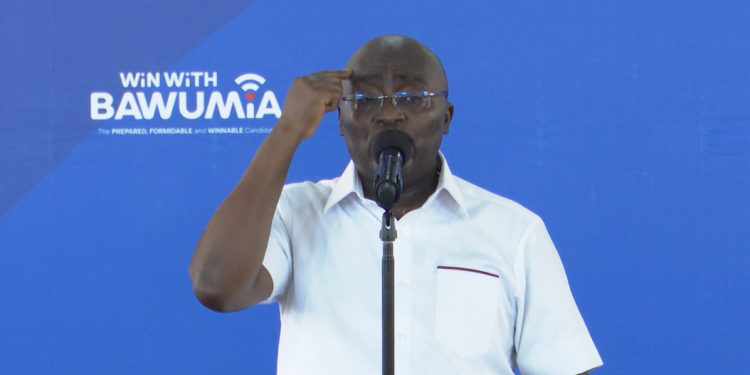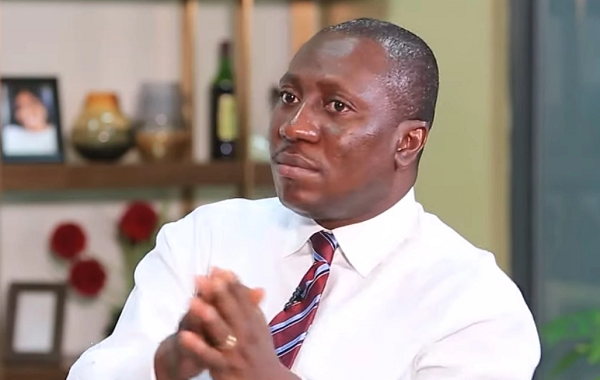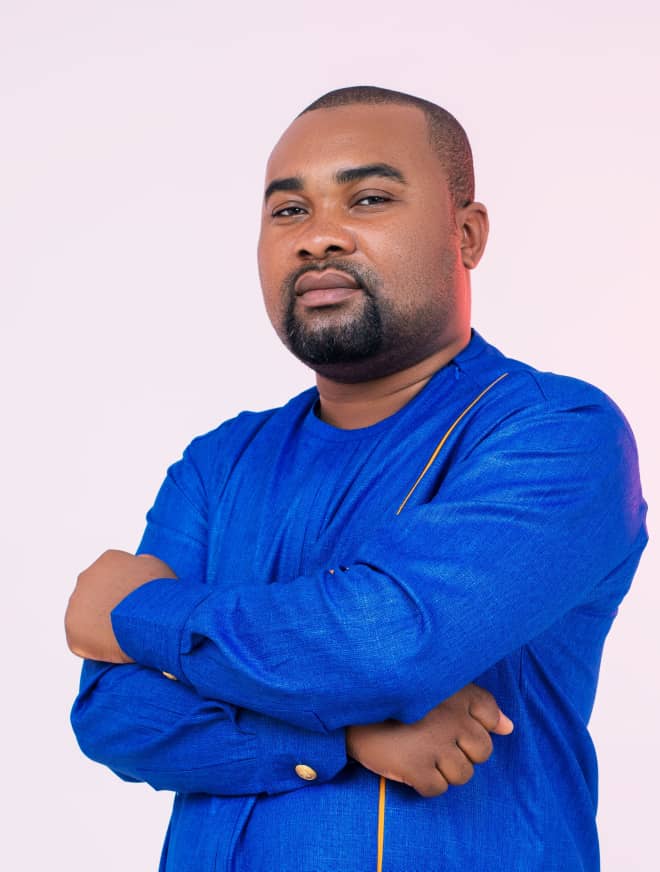By Chief Koranteng
Bawku, Ghana – Seven months into the tenure of the new NDC administration, concerns are mounting over the escalating cost of maintaining security in the conflict-prone Bawku area, with government expenditure reportedly rising from GH¢20 million to a projected GH¢45 million monthly.
The funds, according to sources, are being channeled primarily into security operations aimed at containing tribal and chieftaincy-related violence, rather than developmental infrastructure such as roads, schools, hospitals, or poverty alleviation programmes.
The Upper East Region, where Bawku is located, remains one of the poorest regions in the country. The persistent instability—centered around disputes between the Kusasi and Mamprusi ethnic groups—spans six constituencies and has made socio-economic progress nearly impossible.
Political Undertones and Ethnic Tensions
The conflict took on a sharper political edge during the 2024 general elections, when then-presidential candidate John Dramani Mahama of the National Democratic Congress (NDC) publicly declared his recognition of the Kusaug Chief as the legitimate chief of Bawku. During a campaign stop, Mr. Mahama also pledged the creation of a new “Bawku Region”—a statement that many observers believe further aggravated tensions.
Critics argue that Mahama’s comparison of Bawku to the North East Region—home to his political rival, Dr. Mahamudu Bawumia—rather than to the Savannah Region, was a deliberate political move that stoked ethnic division for electoral gain.
As a result, the ruling New Patriotic Party (NPP) was effectively blocked from campaigning in the six Bawku constituencies, raising questions about political fairness, ethnic harmony, and the fragility of national cohesion.
Civil Society and Media Silent?
Observers have noted with concern the silence of major civil society organizations and media outlets during this period. “Their failure to condemn the politicization of a volatile situation gave room for what many now see as a dangerous precedent—trading peace for political currency,” one analyst remarked.
A Frustrated Mediation Process
The Otumfuo Osei Tutu II-led mediation initiative, hailed as a major step toward peace, reportedly made significant gains before being derailed by politically charged rhetoric. Many believe the former president’s remarks undermined the integrity and progress of this royal peace initiative.
Calls for Reconciliation and Apology
Some stakeholders are now calling on President John Mahama to issue a public apology to the Mamprusi community, to Vice President Bawumia, and to the NPP. They argue that this act of reconciliation is crucial to restoring trust in the peace process and to ensuring that future efforts are not marred by partisan interference.
A Plea for Unity
In the midst of this turmoil, voices from within the region continue to urge calm and compliance with state-imposed security protocols. “There can be no chief without a people, and no land without its settlers. Peace must benefit all parties equally,” one community leader said.
Emphasizing national unity, he added, “We are first and foremost Ghanaians—not Kusasi or Mamprusi, not Muslims or Christians, not Northerners or Southerners. The real enemy is not each other, but anything that divides us and obstructs our shared goal of development and peace.”



